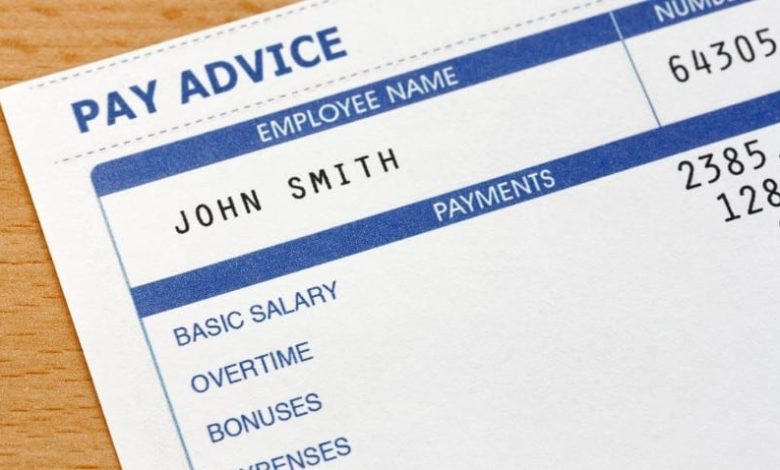ADVICE: Backdated overtime claims

In light of the recent decision by the Employment Appeal Tribunal (EAT) decision that some people working overtime could claim for additional holiday pay, we’ve asked an employment solicitor to explain the situation and what it means for you. By ABIGAIL HALCARZ
We have been awaiting this landmark judgment for some time and now the Employment Appeal Tribunal (EAT) has ruled that overtime should be counted in ‘normal remuneration’ when calculating holiday pay. The EAT also ruled that workers can make retrospective claims, but these will only be allowed for a limited period.
The ruling is expected to have widespread implications for all those organisations that routinely make overtime payments to their staff; they will now need to factor in non-guaranteed overtime when they are calculating an individual’s holiday pay. Employers should note that currently this appears to relate only to the four weeks holiday entitlement under the Directive.
It’s not all gloom and doom however, as employers can take some comfort from the fact that the EAT has limited the period for which claims can be backdated, although the limit will only come into effect where there has been a three-month break between deductions (i.e. between holidays).
It is likely that situations will exist where this is not the case, for example, where a worker has taken holiday at regular intervals throughout the year. Further, although it is highly unlikely, there appears to be nothing stopping an employee bringing a claim for breach of contract in the civil courts; the time limit would then be six years from the date of the breach.
New taskforce
The current Business Secretary, Vince Cable, has announced that a new taskforce has been assembled to assess the impact of this ruling. In a press release following the judgment, he said: “Government will review the judgment in detail as a matter of urgency. To properly understand the financial exposure employers face, we have set up a taskforce of representatives from government and business to discuss how we can limit the impact on business. The group will convene shortly to discuss the judgment.”













